Demystifying EV Coverage: Volkswagen's High-Voltage Battery Warranty for ID.4 and Hybrids
Hello, future-forward drivers and EV enthusiasts! One of the most common questions we hear when folks consider making the switch to an electric vehicle (EV) or a plug-in hybrid electric vehicle (PHEV) revolves around the heart of the car: its high-voltage battery. There's often a cloud of uncertainty about battery life, degradation, and, most importantly, the warranty that protects this vital component. Fear not! Today, we're pulling back the curtain on Volkswagen's comprehensive high-voltage battery warranty, specifically for their popular ID.4 electric SUV and their impressive lineup of hybrid models. Our goal is to demystify EV coverage, provide clarity, and give you the peace of mind you deserve when investing in sustainable transportation.Why Battery Warranty Matters More Than You Think
For many years, traditional car owners worried about engine and transmission longevity. With EVs, the spotlight has shifted to the battery. It's understandable; the battery pack is the single most expensive component in an electric vehicle, and concerns about its long-term performance and potential replacement costs can be a significant barrier for prospective buyers. Will it last? How much will it degrade? What happens if it fails prematurely? These are all valid questions that a robust battery warranty aims to answer, providing a crucial safety net for your investment. A strong warranty signals a manufacturer's confidence in their technology and offers consumers the assurance that they won't be left with a costly repair should the battery's performance dip below an acceptable threshold.Volkswagen's Commitment: The ID.4 Battery Warranty Specifics
Volkswagen, a trailblazer in the electric mobility revolution, stands firmly behind the battery technology powering its ID.4 models. For the high-voltage battery in your ID.4, Volkswagen offers an impressive warranty that is designed to instill confidence. Specifically, Volkswagen provides coverage for 8 years or 100,000 miles, whichever comes first. But it's not just about failure; this warranty also guarantees a certain level of performance. Volkswagen promises that your ID.4's battery will retain at least 70% of its original net capacity within this warranty period. This is a crucial detail, as battery degradation is a natural part of an EV's life cycle. Knowing there's a safety net for its performance ensures you'll continue to enjoy adequate range and power for many years to come.Delving Deeper: What 'Capacity Retention' Really Means
The term '70% capacity retention' is a common industry standard, but what does it truly mean for you, the driver? In simple terms, if your brand-new ID.4 battery had a usable capacity of, say, 77 kWh, then under the warranty, Volkswagen guarantees that after 8 years or 100,000 miles, it will still be capable of holding at least 70% of that original capacity (which would be around 53.9 kWh). This isn't just a number; it's a practical assurance that your vehicle's range won't diminish to an unusable level within the warranty period. It accounts for natural battery aging, ensuring that if degradation is excessive, Volkswagen will step in to repair or replace the battery pack, restoring its performance closer to the guaranteed threshold. This clause is a testament to the robust engineering and expected longevity of Volkswagen's battery technology, alleviating concerns about range anxiety caused by premature degradation.Covering All Bases: Volkswagen's Warranty for Hybrid Models
It's not just full EVs like the ID.4 that benefit from Volkswagen's commitment to battery longevity. Their range of plug-in hybrid electric vehicles (PHEVs), which combine a gasoline engine with an electric motor and a high-voltage battery, also comes with comprehensive coverage. For Volkswagen's hybrid models, the high-voltage battery warranty typically mirrors that of their full EVs. This means you can expect a similar warranty period, often 8 years or 100,000 miles, again guaranteeing a certain percentage of original battery capacity. While the battery pack in a PHEV is generally smaller than in a pure EV, its reliable performance is just as critical for maximizing fuel efficiency and electric-only driving range. This consistent warranty approach across both pure EVs and hybrids showcases Volkswagen's confidence in their entire electrified lineup, providing reassurance to all customers embracing electrified powertrains, whether fully electric or partially.Maximizing Your EV Battery's Lifespan: Tips for Owners
While your Volkswagen battery is backed by an excellent warranty, proactive care can further enhance its longevity and performance. Here are a few friendly tips:
- Avoid Extreme Charging Habits: While occasional full charges and discharges are fine, try to keep your battery charge between 20% and 80% for daily driving. This 'sweet spot' reduces stress on the battery cells.
- Minimize DC Fast Charging: Use DC fast charging when needed for long trips, but rely more on Level 2 (240V) charging for everyday use. Fast charging generates more heat, which can contribute to faster degradation over time.
- Park in the Shade: Extreme temperatures, both hot and cold, can impact battery health. Whenever possible, park your EV in a shaded area during hot weather or in a garage during extreme cold to help regulate battery temperature.
- Regular Driving: Batteries prefer to be used! Regular driving helps keep the battery management system active and the battery cells in good health.
- Software Updates: Keep your vehicle's software up-to-date. Manufacturers often release updates that optimize battery performance and efficiency.
These simple practices can go a long way in ensuring your Volkswagen EV or hybrid battery serves you well beyond the warranty period.Beyond the Battery: Other Volkswagen EV Warranty Considerations
While the high-voltage battery warranty is a cornerstone of EV coverage, it's important to remember that your Volkswagen EV or hybrid also comes with other vital warranty protections. You'll still have a comprehensive bumper-to-bumper limited warranty covering most components, often for 4 years or 50,000 miles. Additionally, specific electric vehicle components (beyond the main battery, such as the electric motor, power electronics, and charging components) typically fall under extended warranties that align with or exceed the standard bumper-to-bumper coverage, often paralleling the battery warranty duration. Always consult your vehicle's specific warranty booklet for the most accurate and up-to-date information, as terms can vary slightly by model year and region. Understanding the full scope of your warranty protection offers holistic peace of mind for your electric journey.Conclusion
The journey into electric mobility is an exciting one, and Volkswagen is committed to making that transition as smooth and worry-free as possible. With a robust high-voltage battery warranty for both the ID.4 and their hybrid vehicles, covering 8 years or 100,000 miles and guaranteeing 70% capacity retention, Volkswagen effectively addresses one of the biggest concerns for potential EV owners. This commitment, coupled with practical tips for battery care, ensures that your investment in a Volkswagen EV or hybrid is well-protected and ready to deliver reliable, sustainable performance for years to come. So, charge forward with confidence and enjoy the open road with your Volkswagen!

